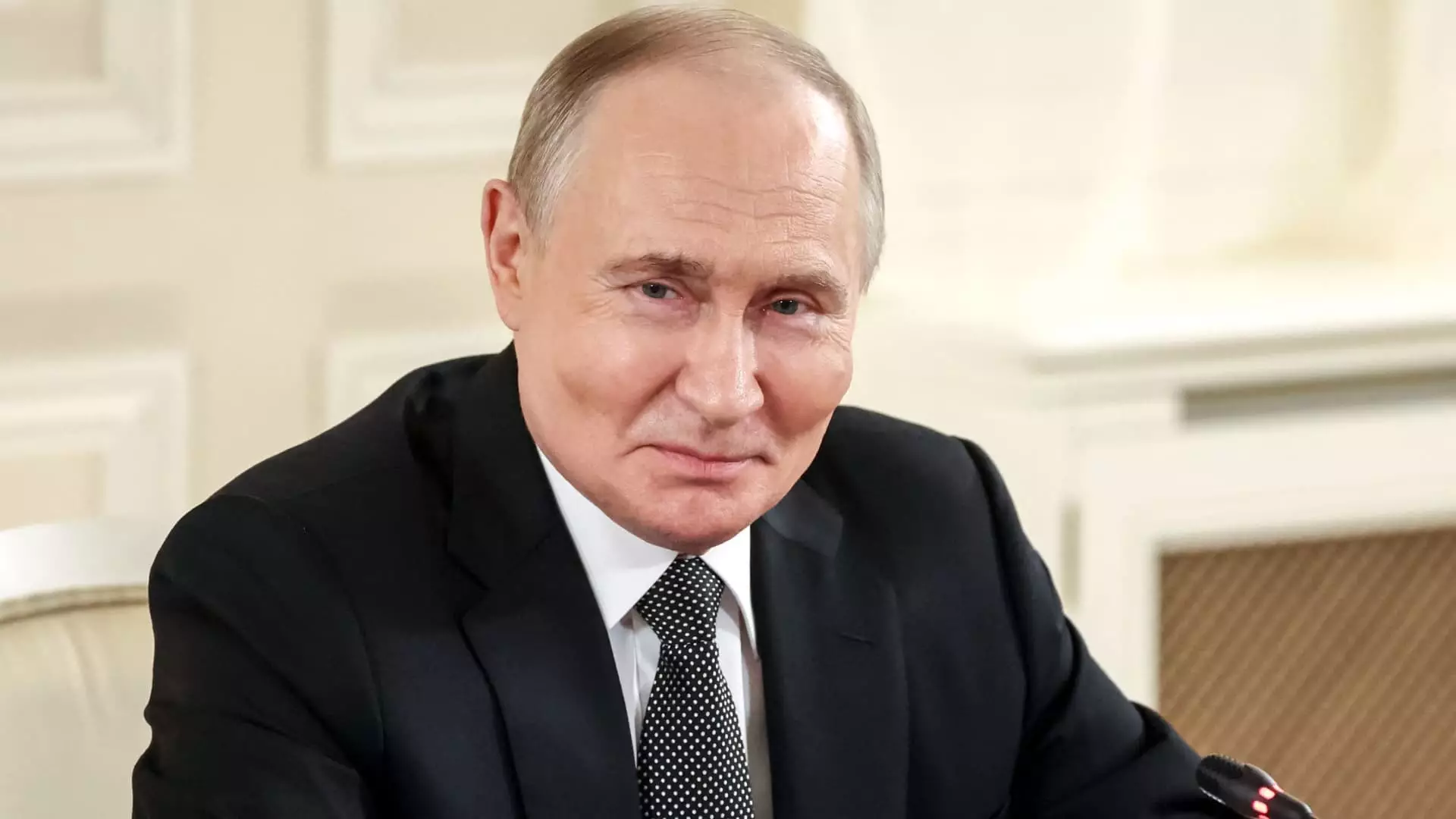In a time of escalating conflict, rhetoric from influential leaders often masks their true intentions and priorities. When President Trump publicly criticizes Vladimir Putin—calling his responses “bulls—” and expressing dissatisfaction—one begins to question whether this is genuine diplomatic concern or mere posturing. The tension highlights a troubling inconsistency: leaders who claim to seek peace often resort to blame-shifting and superficial condemnations that fail to challenge root causes or propose meaningful solutions. The failure to hold Russia accountable with positive, strategic engagement reflects a broader deficiency in diplomatic resolve and a willingness to indulge in partisan rhetoric that undermines the potential for peace.
Strategic Ambiguities and the Fading of American Leadership
Trump’s erratic statements about the Ukraine conflict reveal a troubling pattern—an oscillation between fiery accusations and dismissive uncertainties. His admission of ignorance regarding the weapons shipment pause, paired with sarcastic jabs at the Pentagon, exposes a lack of coherent strategy. Instead of fostering stability or promoting diplomatic solutions, such comments sow confusion and diminish America’s credibility on the world stage. Moreover, Trump’s tendency to attribute the war’s origins to the failures of his predecessors reveals a short-term, blame-centric mindset that neglects constructive policy. This approach weakens the U.S.’s position as a global leader committed to international order and democratic values, prioritizing political theater over substantive action.
On Bleeding Hearts and Broken Promises
The recurring narrative that the Ukraine conflict “should have never happened” serves as a convenient moral absolution, but it ignores the complex geopolitical realities behind Russia’s invasion. Neither nostalgia for a pre-war world nor simplistic condemnations can substitute for a nuanced understanding of the underlying issues. Meanwhile, Trump’s dismissive attitude towards ongoing violence undermines a compassionate and responsible stance. It suggests that, for some leaders, the human suffering caught in the crossfire is secondary to politics, impacting grassroots perceptions of America’s moral authority. Effective leadership demands acknowledging pain while actively seeking pragmatic solutions—not cynical platitudes.
The Disappointing Dialogues and Pretensions of Power
The phone call with Putin and subsequent disappointment expressed by Trump underscores a stark reality: diplomacy, when conducted without genuine engagement or strategic clarity, becomes a spectacle. Trump’s characterization of the conversation as “disappointing” hints at a disconnect between rhetoric and relevant action. More troubling is the implication that diplomacy is merely a performance—an act that can be dismissed based on personal feelings rather than strategic interests. Leaders who oversimplify geopolitics and dismiss complexities only diminish their capacity to influence global events constructively, rendering diplomatic channels ineffective and eroding trust among allies.
A Need for Center-Left Realism
Amid the chaos and spectacle, a centrist liberal perspective calls for a balanced approach: holding Russia accountable without succumbing to reckless escalation, advocating for sustained diplomatic engagement, and recognizing the importance of multilateral cooperation. Authentic leadership involves moving beyond blame games, embracing nuanced diplomacy, and prioritizing human lives over partisan points. True strength lies in measured policies, transparent communication, and a firm commitment to democratic ideals—values that cannot flourish under superficial bravado or tactical ambiguity. The ongoing crisis demands clarity, consistency, and moral integrity—traits that are often absent in the current discourse.

Leave a Reply